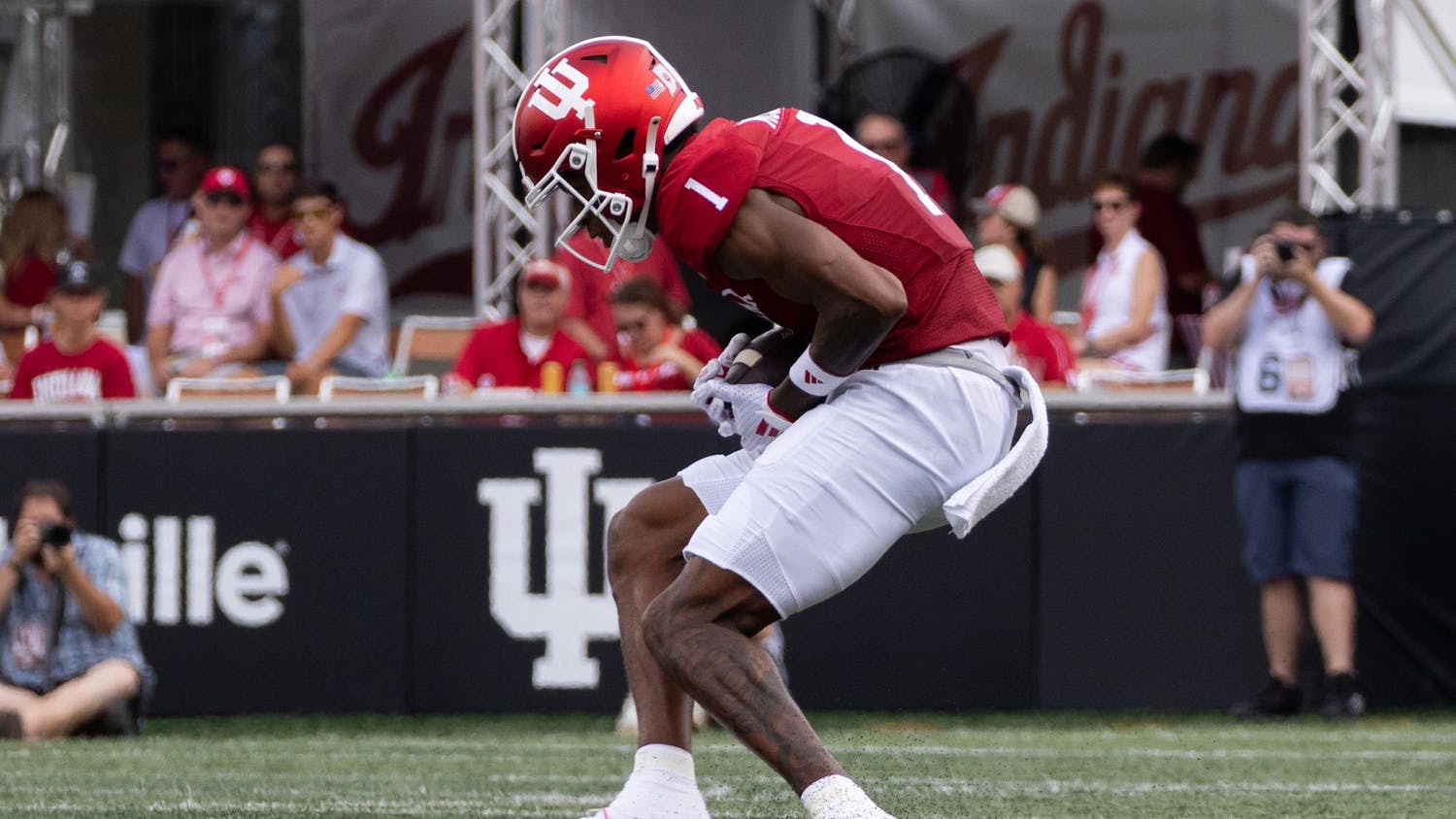There are classic dangers to face and unknown elements at every turn -- but in the right hands, a blockbuster book can still become a must-see movie that stands on its own.\nThe latest -- and perhaps biggest -- case of this kind of cross-media rapture is "The Da Vinci Code." \nYet is anyone worried that director Ron Howard's film of Dan Brown's fiction phenomenon will be an unholy flop?\n"Da Vinci" fans have been praying for the movie to arrive, and even minor controversies -- involving worries from the Catholic Church about "fiction versus facts" and its ooh-we're-spooky secret society Opus Dei -- may only increase interest in a story that more than 45 million readers have already lapped up. Add Tom Hanks as the star and its box-office outcome isn't a mystery.\nAnd while success in the bookstore doesn't always equal massive box office, there's a history of properties that accomplished both (including the granddaddy of them all, "Gone With the Wind"). A year after being a hardcover hit in 1969, Mario Puzo's "The Godfather" sold 8 million paperback copies -- and director Francis Coppola's Oscar-winning 1972 adaptation became an instant classic. Not long after, Peter Benchley's "Jaws," the page-turner of 1974, became Steven Spielberg's "Jaws," the monster hit of 1975.\nRecent publishing powerhouses made into popular movies include John Grisham's "The Firm" (its 1993 film made $160 million in the U.S.), "Bridget Jones's Diary" (the 2001 film earned $280 million worldwide) and, of course, "Harry Potter" and the super-magical print run. The young wizard's four films thus far have conjured up over $1 billion in U.S. ticket sales alone.\nAnd, as "Da Vinci's" Harvard symbologist hero Robert Langdon might deduce, there's a pattern to this. Just as most adventure tales have the same DNA (the quest, the doubting hero, the elder truth teller), movies from mega-successful books share sacred elements.\nHere are a handful of book-into-movie rules that may not be gospel in Hollywood, but certainly come close:\nGET A GOOD \nVILLAIN\n"Jaws" had its great white shark, the "Harry Potter" stories have Lord Voldemort -- and "The Da Vinci Code" has Paul Bettany as Silas the albino.\n"Villains are harder to cast than the heroes," says Paul Levinson, chairman of media studies at Fordham University and author of the recently published "Da Vinci"-esque thriller "The Plot to Save Socrates."\n"In some ways they're more important than the heroes," Levinson adds. "The villain has to be successfully creepy -- you want them to be more than just basic comic book characters."\nFEEL THE PAGES TURN\nA film that gets too arty where the book was pulpy risks losing points with purists. "Da Vinci's' blessing is also a burden -- with so many copies sold, the audience's love of the book may make them hypercritical," says Levinson. "The movie should feel like it matches the pace of the novel. It's got to be fun."\nThe screenwriter for "Da Vinci" is Akiva Goldsman, who won an Oscar for adapting "A Beautiful Mind." Perhaps more importantly, he also scripted the successful screen versions of Grisham's "The Client" and "A Time to Kill."\nHOPE THE REAL WORLD PLAYS ALONG\nIn 1975, "Jaws" created a mini-wave of shark fear on America's beaches. In 2002, "The Sum of All Fears" depicted a nuclear device going off in Baltimore -- just as the media was talking about dirty bombs. And so, from the moment "The Da Vinci Code" was announced as a movie, it's been followed by ripples of discontent (see below). But that may make it even more of a buzz machine, says Pandya.\n"If 1 percent of the potential audience is turned off, that may actually inspire other people, those who don't know the book, to go see it," says Pandya. "People don't want to feel left out."\n___\nPULLOUT\nA HISTORY OF CONTROVERSY: FACT, FICTION AND RELIGIOUS FIRE\nAuthor Dan Brown never attempted to pass off "The Da Vinci Code" as anything but a fictional thriller. But that hasn't killed the rumors.\nThe story revolves around the theory that Jesus Christ married Mary Magdalene and had a child with her -- and that the Catholic Church covered it up. The plot includes the question of Jesus' divinity, a cornerstone of Christianity. When the book hit shelves in 2003, a few Catholic groups called it heretical, but with the film coming out, their anger has grown.\nArchbishop Angelo Amato of the Vatican's doctrinal office has called for Christians to boycott the film. A "rebuttal documentary" backed by the Church, "The Da Vinci Code: A Masterful Deception," got a limited release prior to "Code's" world premiere Wednesday at the Cannes Film Festival.\nOpus Dei, a mysterious Catholic organization founded in 1928, is depicted in the book and movie as a violent sect hell-bent on ensuring the cover-up of Jesus and Mary's union continues. The group, which has a reported 85,000 members worldwide, asked director Ron Howard for an opening disclaimer stating that the story was "a work of fiction." Howard and Imagine Entertainment declined. "Spy thrillers do not start off with disclaimers," Howard told the Los Angeles Times.\nLast week, some conservative Christian groups in the U.S. said they will not boycott, but nonetheless expressed their dissatisfaction with the film.
Book or movie, 'The Da Vinci Code' is the picture of sensation
Get stories like this in your inbox
Subscribe





